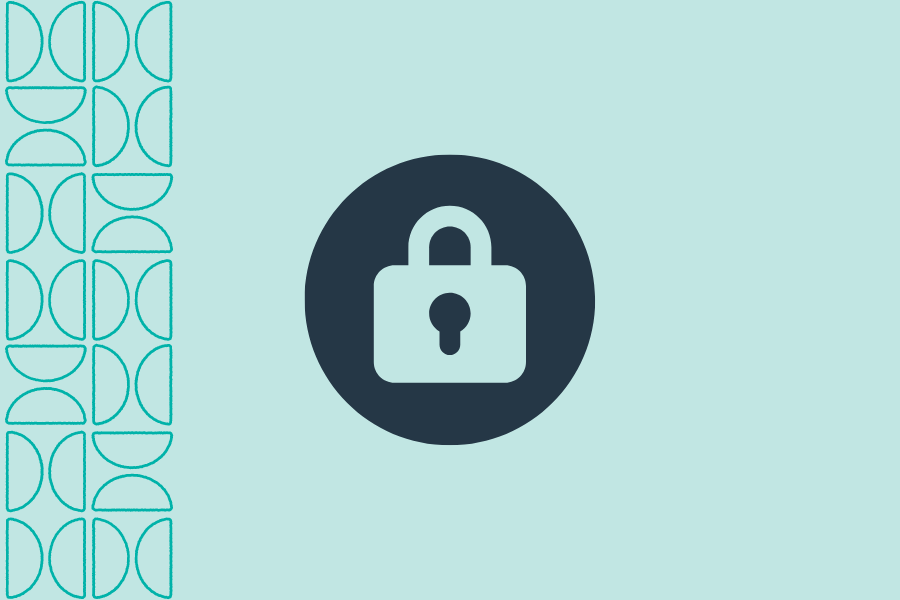Scammers are increasingly targeting bank customers through social media, phone calls, and text messages, attempting to trick individuals into sharing sensitive information or transferring money. Knowing how these scams work and staying vigilant can help protect your personal and financial information.
Common Banking Scams to Watch Out For
1. Cash Prize Scams
Fraudsters often lure victims by claiming they’ve won a cash prize or special reward. Victims may be asked to share personal details, such as account numbers, within a tight deadline to claim the prize. If ignored, the message may threaten that the prize will be forfeited. Always remember: legitimate banks do not require sensitive information to deliver rewards.
2. Impersonation Calls
Scammers may impersonate bank employees, contacting customers over the phone to request sensitive information like SMS one-time passcodes or debit card details. A legitimate bank will never call to ask for such information unsolicited.
How to Spot and Avoid Scams
Here are a few key tips to help you identify fraudulent communications:
- Legitimate banks will never request personal information through social media. This includes account numbers, passwords, Social Security Numbers, or other sensitive details.
- Banks do not contact customers to ask for one-time passcodes or account details. Only provide such information when you reach out to your bank directly.
- Be cautious of unofficial social media accounts. Verify the authenticity of any profile claiming to represent a bank before engaging.
Stay Vigilant Against Fraud
To safeguard your information:
- Avoid clicking on suspicious links or attachments received through email, social media, or text messages.
- Be wary of offers for free gifts, prizes, or urgent account updates. If something seems too good to be true, it likely is.
- Do not respond to suspicious messages. Instead, report them directly to the platform where they were received and contact your bank for verification.
What to Do If You Suspect Fraud
If you receive a suspicious message or communication:
- Do not click on any links or share personal information.
- Report the suspicious activity to the platform or entity involved.
- Contact your bank directly using their official customer service number or website to verify the communication.
Protecting Yourself Starts with Awareness
Fraudsters are becoming increasingly sophisticated, but by staying informed and cautious, you can avoid falling victim to their schemes. Always think twice before sharing sensitive information and contact your bank if you’re unsure about any communication. Staying vigilant helps protect your finances and peace of mind.



 Share
Share



